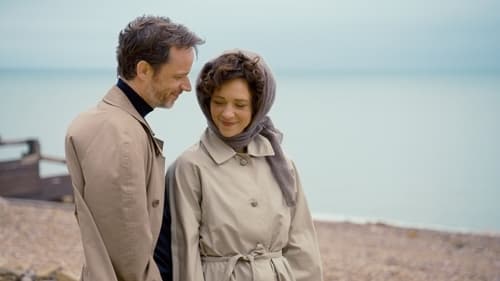Balkan Melody (2012)
장르 : 다큐멘터리, 역사
상영시간 : 1시간 32분
연출 : Stefan Schwietert
시놉시스
What Swiss director Stefan Schweitert did for accordion music and for yodeling (Accordion Tribe, Cinequest, 2005; Echoes of Home, Cinequest 2008) he now does for traditional Balkan music. This wonderful film is also a love story – and a door into a world of musical wonders.
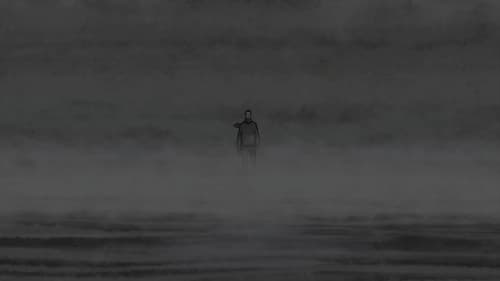
Croatia, 7th of January 1992: In the middle of the war, a young journalist's body is discovered dressed in the uniform of an international mercenary group. Twenty years later, his cousin Anja Kofmel investigates his story.
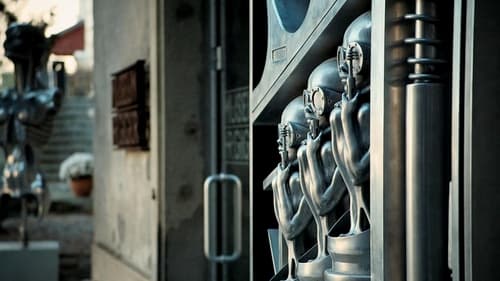
An account of the life and work of Swiss painter, sculptor, architect and designer H. R. Giger (1940-2014), tormented father of creatures as fearsome as they are fascinating, inhabitants of nightmarish biomechanical worlds.

The story of three Turkish men. They all grew up in Switzerland and all got deported after various criminal offenses.
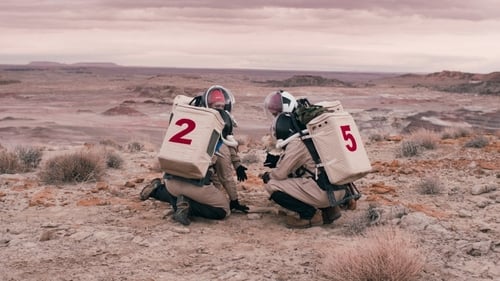
Above and Below is a rough and rhythmic roller coaster ride seating five survivors in their daily hustle through an apocalyptic world. A journey of challenges and beauty in uncomfortable places: Rick & Cindy, Godfather Lalo in the flood channels deep down under the shiny strip of Sin City. Dave in the dry and lonesome Californian desert and April in simulation for a Mars mission in the Utah desert. Through the hustle, the pain and the laughs, we are whisked away to an unfamiliar world, yet quickly discover the souls we encounter are perhaps not that different from our own.
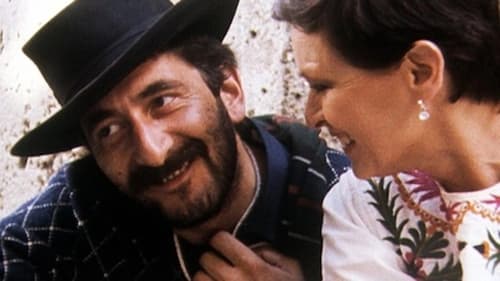
When director Daniel Schmid grew up, his parents ran a hotel in the Alps, and this singular setting was to influence his film. Rather by coincidence he came to Berlin in the early 1960s and became part of the new German wave. Schmid worked with, among others, Wenders and Fassbinder, for example as an actor in Wender’s The American Friend. He met Ingrid Caven, who was to play a diva in several of his films. This is a documentation of a part of modern European film history and a good analysis of artistry and how it corresponds to the individual behind the camera. A wealth of archival footage brings us close to many directors and actors in Schmid’s circle. If you’ve never seen a Daniel Schmid film, you are sure to want to after watching this portrait of his life.

Balifilm was originally commissioned as a stage performance, created from diary images and sounds collected in 1990 and 1992 by Peter Mettler on the island of Bali. The soundtrack is a live recording of eight Gamelan musicians playing the bronze and wooden instruments of Indonesia during the projection of the film. balifilm is a personal, lyrical observation and expression of the creative pulse of an extraordinary culture.

Since the conflict in Darfur spread to the eastern border regions of Chad in 2005, some 13,000 people fled from this region to the refugee camp near the village of Gouroukoun. For them, the war is never far off. Many of these traumatised refugees have lived here for years, with little food, no work and no prospect of returning home. Zuchuat took his camera to the camp and captured their uncertain existence without providing any comment. He captures the refugees' arduous daily life in long shots, often from a single angle. They all have their own stories of how they ended up here, how they saw their families and fellow-villagers perish and no longer have any work, cattle or land. Another striking story is told by a child that uses a drawing to explain how he was chased away from his native village. Little girls sing a battle song while waiting for what comes next in this prison without bars.


The film about Max Bill (1908-1994) moves between the dynamic fields of art, aesthetics and politics. Max Bill was probably the most important swiss artist of the 20th century and the most famous student to come out of the legendary Bauhaus in Dessau. He was an ardent anti-fascist and all his avant-garde work as an artist, sculptor, architect and typographer showed a social responsibility and environmental awareness right through his life. His views have become incredibly topical.

What Swiss director Stefan Schweitert did for accordion music and for yodeling (Accordion Tribe, Cinequest, 2005; Echoes of Home, Cinequest 2008) he now does for traditional Balkan music. This wonderful film is also a love story – and a door into a world of musical wonders.
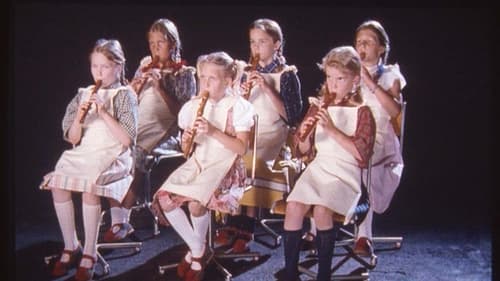
The first film about second-generation Swiss immigrants: A Turkish ice hockey player explains why, in Switzerland, he could only fall in love with an Italian. A young Italian woman explains why she prefers to rap in English. A hip-hop artist with Hispanic origins fights for his political rights and the director reminisces on how, despite his Arabic roots, he's been persecuted as a Jew. Babylon 2 reflects the rise of a new urban culture in Switzerland, which is instigated by the second generation of immigrants and the help of electronic media.
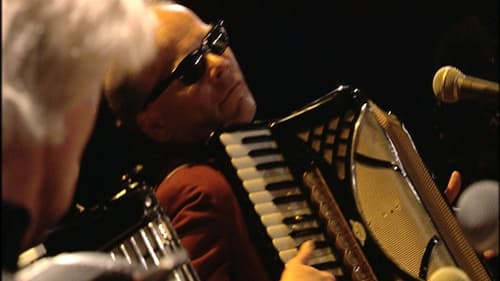
Five highly original musicians from different countries form the Accordion Tribe. Together they aim to reinforce the original power of the long disdained instrument. The film follows the energetic soundscapes and their performers on a journey through Europe. An extraordinarily intensive documentary on the communicative, connecting power of music.

For three years, Mehran Tamadon immersed himself into the very heart of the most extremist supporters of the Islamic republic of Iran (the Bassidjis) to understand their ideas.

The extraordinary destiny of two people. After the Second World War, Lois is an actress in Broadway theatre, television and Hollywood films. Her husband, Edgar Snow, is world famous. A pioneer fascinated by China, he is the first journalist to film and interview Mao Tse-tung. Suspected by the American authorities of Communist sympathies, Ed and Lois are blacklisted. Together with their two small children, they go to Switzerland, mid-way between China and America, where they find a new home. A story of revolution, utopia, disillusionment, and hope.

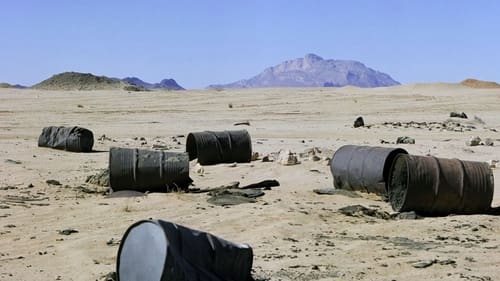
More than fifty years after the end of the war, a filmmaker and a photographer, coming from the two camps of conflict and children heirs of Franco-Algerian colonial history, took us back in 1962 to the Algerian Sahara. From a desert zone irradiated to the suburbs of Algiers, they follow the course of an experimental nuclear explosion. From the trial to the accident, from the environmental impact to the "recycling" of the places of the past ... The starting point is historical but the story told catches up with us in the present and comes to seek us where we are - at home - for a face to face with fallout without borders.

Modern Amazons are fierce heroines. They are ready to fight for what is important to them. Without explaining, without compromising, always persisting. They fight for victory in the ring for acceptance, and too, for fellow sufferers and humanity.
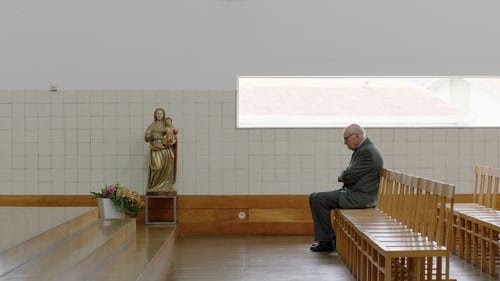
How can structures, which take up defined, rigid portions of space, make us feel transcendence? How can chapels turn into places of introspection? How can walls grant boundless freedom? Driven by intense childhood impressions, director Christoph Schaub visits extraordinary churches, both ancient and futuristic, and discovers works of art that take him up to the skies and all the way down to the bottom of the ocean. With the help of architects Peter Zumthor, Peter Märkli, and Álvaro Siza Vieira, artists James Turrell and Cristina Iglesias, and drummer Sergé “Jojo” Mayer, he tries to make sense of the world and decipher our spiritual experiences using the seemingly abstract concepts of light, time, rhythm, sound, and shape. The superb cinematography turns this contemplative search into a multi-sensory experience.
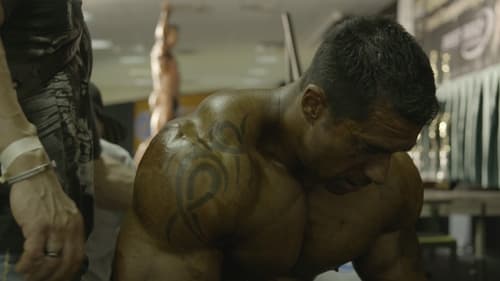
(Re)immersing himself in body building, David Nicolas Parel endeavours to follow his younger brother as he trains for the Arnold Classic – Arnold, from the famous Austrian/American actor and politician. Convinced he is the one who inspired this passion, he worries about the risks this sport has on his brother’s health and aspires to strengthen their now strained bond. A film on the edge.















